Sir John Whitmore
Sir John Whitmore (1937–2017), a co-founder of Performance Consultants, is recognized globally as a pioneer of coaching, leadership development, performance improvement and the progress of humanity.
His legacy to the coaching community is one that we can only aspire to. His books have been a primer for many coaches around the world, and his thinking has helped shape what coaching is today.”
Hilary Oliver, ICF Global Board Chair
Pioneer of coaching and leadership development
Sir John was a leading thinker in leadership development and organizational change, authoring five influential books.
His seminal work, Coaching for Performance, has sold over a million copies and been translated into more than 20 languages, with a 6th edition being published in September 2024.
The book introduced the influential GROW model he and colleagues devised in the 1980s, and his blueprint for “performance coaching”. Sir John Whitmore’s GROW model is now a cornerstone of coaching.
Coaching is unlocking people’s potential to maximize their own performance
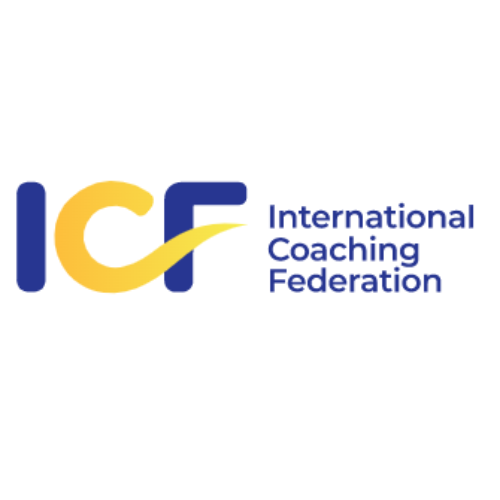
Influence on the coaching industry
Sir John received numerous accolades for contributions to the coaching industry, including the President’s Award from the International Coaching Federation (ICF), recognition as the Number One Business Coach by the Independent newspaper and a Lifetime Achievement Award from the International Association of Coaching.
He was instrumental in the early stages of the ICF, co-founded the European Mentoring and Coaching Council (EMCC) and was involved with the Professional and Personal Coaches Association (PPCA).
Sir John was also a leading figure in transpersonal coaching for leadership development, significantly influencing the establishment of coaching cultures and executive coaching standards. His work laid the foundation for today’s global coaching industry, helping businesses transform their culture.
I pay tribute to Sir John Whitmore’s extraordinary contribution to the world of coaching and the development of EMCC (European Mentoring & Coaching Council).
As a pioneer and thought leader, Sir John encouraged and motivated the quest for professional practice within the industry.
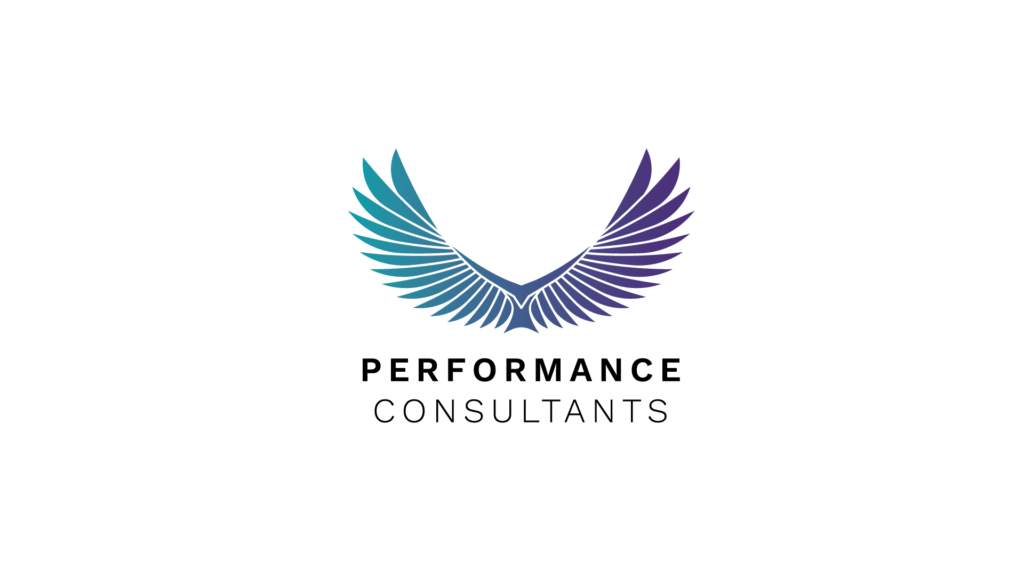
Founder of Performance Consultants
After a period of collaboration in the United States, Sir John established Performance Consultants. The company initially focused on performance in sports but evolved to apply these principles broadly to business performance.
This pivot led to the rapid growth of the company and the adoption of performance coaching methodologies across industries. Sir John personally trained some of the leading organizations in the world, such as Barclays, British Airways, Deloitte, IBM, IKEA, Lloyds, Medtronic, Novo Nordisk, Pricewaterhouse Coopers, Rolls Royce and Roche.
Sir John Whitmore’s Life and Legacy
Sir John Whitmore’s dedication to social justice and his innovative approach to leadership continue to inspire coaches and leaders worldwide.
Motorsports and performance skills
Sir John pursued a varied career before his deep involvement in coaching. He had a distinguished racing career as a British and European saloon car champion, competing in notable races such as Le Mans 24 Hours. He drew on his personal success in motorsports, and brought his performance skills and passion to the field of personal improvement and organizational performance.
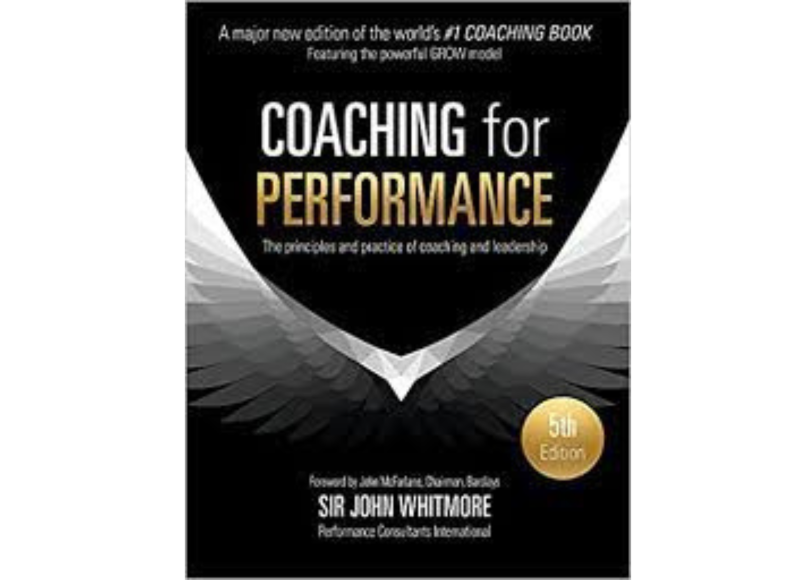
Pioneering performance coaching in corporates
The late Sir John Whitmore authored the ‘Coaching for Performance’ book, universally revered by executives in leading organizations and the coaching world alike, and commercially standing as “The World’s #1 Coaching book”.
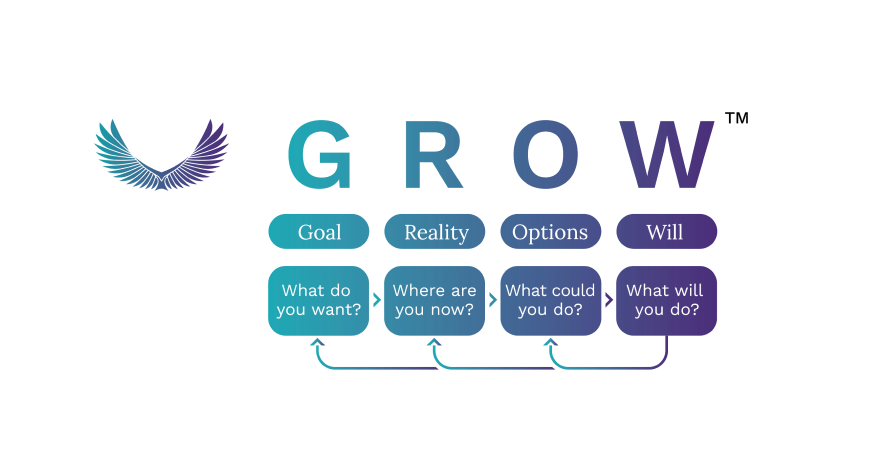
The GROW model
Throughout the 1980s and 1990s, Sir John developed methods and techniques that significantly enhanced organizational performance and personal fulfillment at work. The global impact of the GROW model and the Coaching for Performance book and training program have marked him as a pivotal figure in the coaching field.
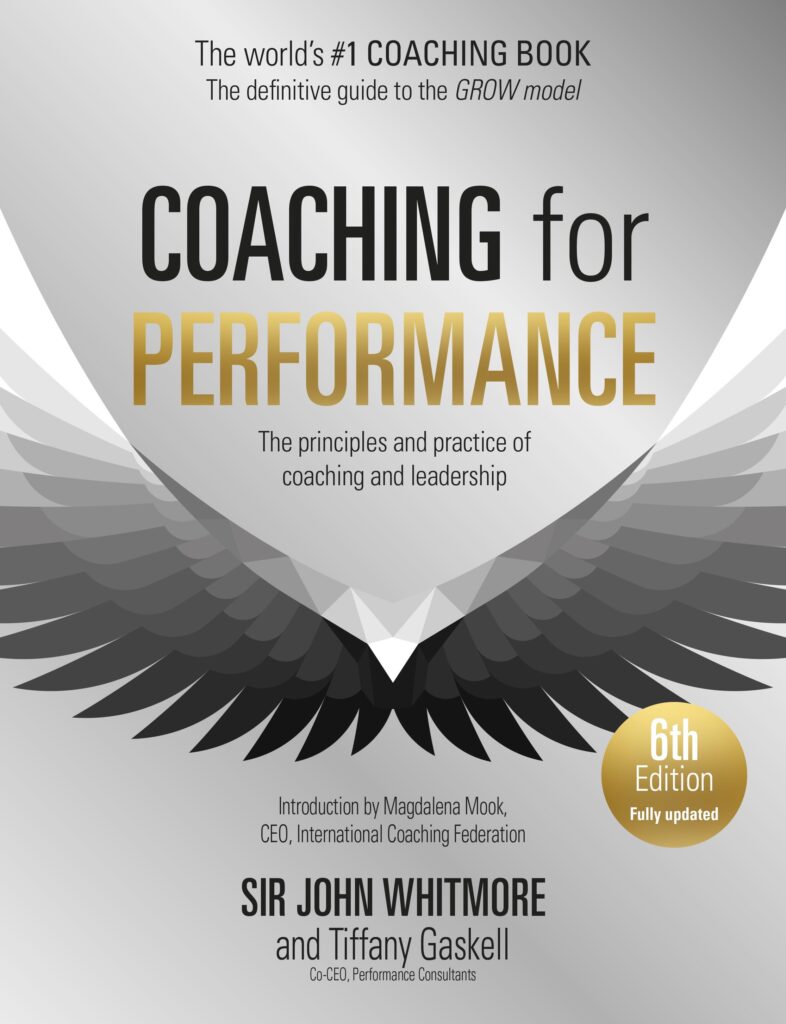
Coaching for Performance Book
Explore the world’s #1 coaching book. A desktop essential for leaders, coaches and everyone in between.Our latest 6th edition, co-authored by Tiffany Gaskell, CEO of Performance Consultants, greets the rapidly evolving workspaces of today, enriched with modern insights applicable across industries; acting as the seminal coaching gateway for organizations.
Bring Sir John Whitmore’s practice into your organization this year
Whatever your industry, we offer a suite of solutions tailored to your precise needs.






